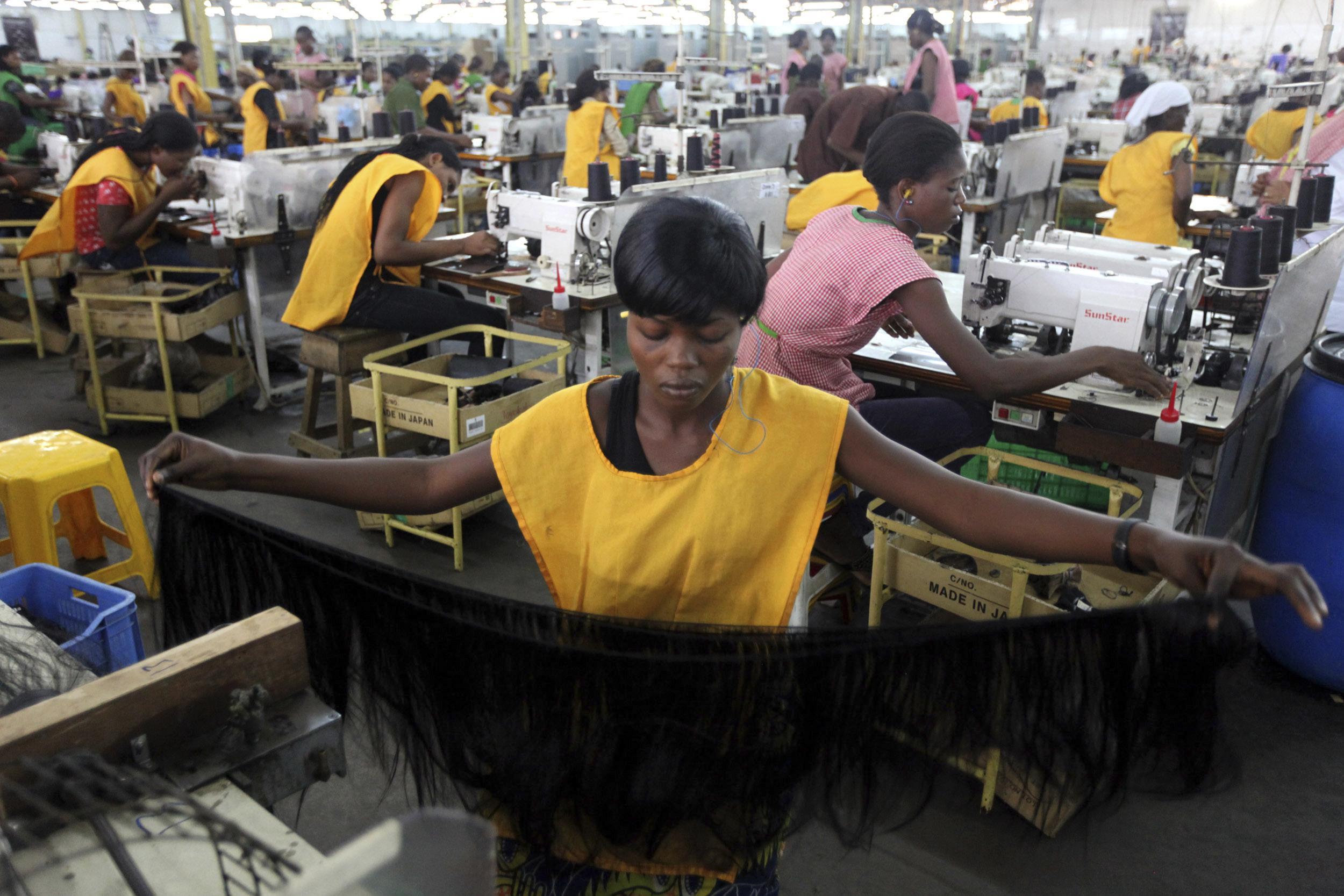- Agribusiness could drive Africa’s economic prosperity
- Dawood Al Shezawi: Why AIM Congress 2024 is the epicenter of global economic and cultural dialogues
- d.light’s 600,000 cookstoves project verified as top source of quality carbon credits
- Artificial intelligence (AI) could create a turning point for financial inclusion in Africa
- AIM Congress 2024: Catalysing global investments with awards
- Kenya’s economic resurgence in 2024
- The most stressful cities to live in 2024 exposed
- Tech ventures can now apply for the Africa Tech Summit London Investment Showcase
Browsing: Human capital
Pursuing economic empowerment through purely legalistic and regulatory means has fatal shortcomings which defeat the premise of black or native participation in the economy because history has taught that such a strategy creates a very skewed distribution of the wealth that must be sustainably shared.
Black Economic Empowerment and Indigenization pursued solely from this strategy is a sophisticated form of socialism especially where there is little in the way of economic growth. Its process and eventual outcome create a skewed wealth distribution and novel kind of class structure.
A vibrant economy is the most potent instrument of empowerment, inclusion, and participation of the people of that country. Vibrant economies are not the result of chance but are the result of deliberate pursuit and action.
Read: Three things TMEA brings to Ethiopia in expansion plans
Creating an economy that is enabling and empowers all citizens requires the development of the following …
Human Capital Horizon matters?
The human population comprises of valuable elements necessary for the development of the modern world. As the world keeps to shake off the remnants of the coronavirus, there are some crucial ideas emerging and compelling vital changes in the way humans work. As stability is being restored, it is important also to rethink how to sustain the human capital value over space and time. The future of work is dependent on how human capital is dispersed globally and how it reacts to what we would call the development of the modern world.
The current global crisis reveals holes in various sections of the workforce, including financial security and health coverage. With respect to Africa, the figures are heightened, and the “holes” as one would look at, in particular the formal employment sector, the numbers are astronomical.
Africa alone has more than 24 million …
The African economies are not diverse enough to help them navigate tough times like the one posed by the covid-19 coronavirus pandemic.
This means that when the sectors that are popular in these economies are hit, the countries suffer immensely and take longer to recover. This is no different now and with projections that the economies will slow to about 2 per cent growth continent-wide.
Despite Africa’s immense wealth of natural resources and human capital, limitations still remain since the countries have no capacity to add value to these resources. For instance, Africa should be producing steel but it does not since it has to export the raw materials to be processed elsewhere denying the continent the much-needed revenues.
Why Central Africa is dragging Africa’s growth
Speaking in Kigali, Rwanda last December, the African Union Infrastructure Envoy Raila Odinga said that Africa needs to go beyond just producing the raw …
Tanzania stands on a viable ground to revitalize its economy and expand production horizons via the effective utilization of its diverse human capital, including investing in both children and adults.…
Human resource has been described as the most essential resource in an organization since it is the human aspect that makes sure that all other resources work optimally (or not).
In the construction industry, the concept of human resource management is not as well defined and improved as in other mainstream and formal industries.
For every industry to grow there has to be continuous improvement of efficiency in resources usage. There has to be capacity building to empower all the stakeholders to be better and to do better.
Every construction site has labour, whether mechanized systems are employed or not and also regardless of the magnitude of mechanization. This therefore makes it necessary to direct enough attention and resources towards human resource management and development in construction.
How many times have you commissioned a site and you only know the contractor out of an average of 20 craftsmen in your …








